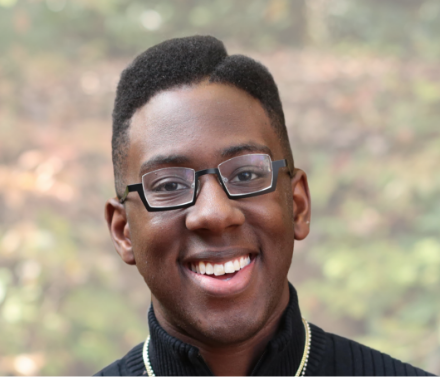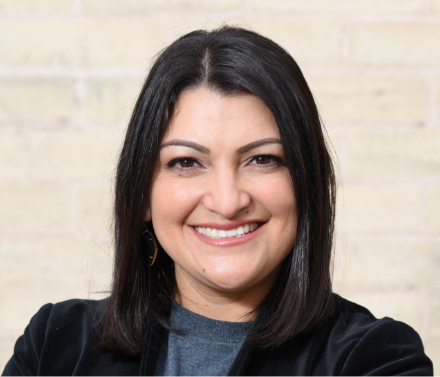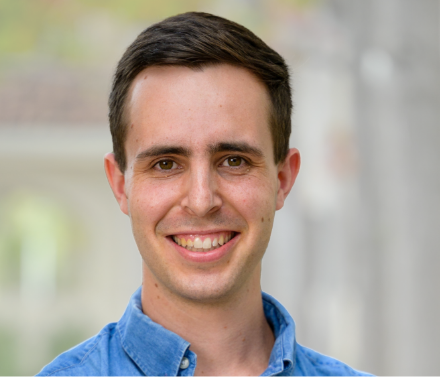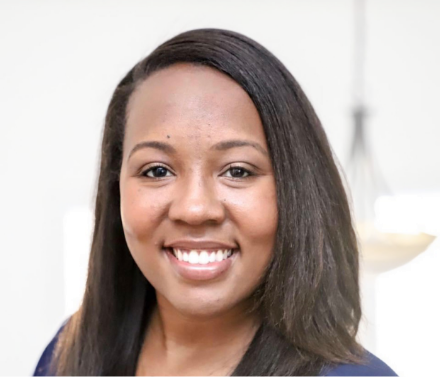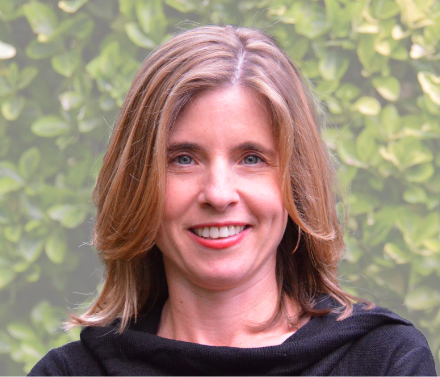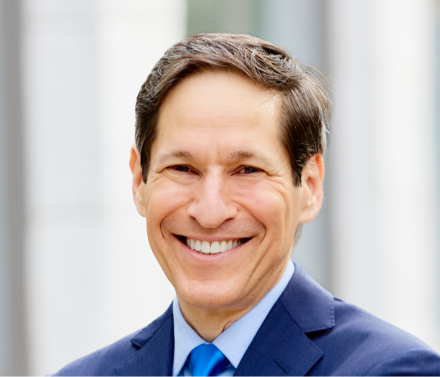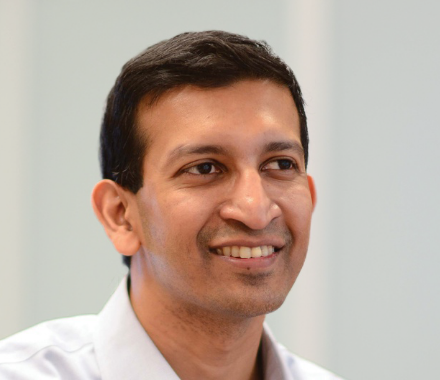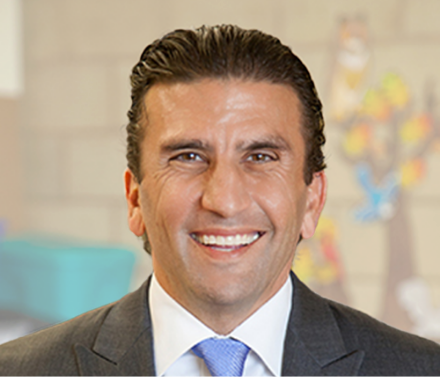IN 2019, MY son was getting ready to go into preschool. I toured every preschool I could and was on 10 waitlists. My son is dual language, and he had a speech delay. This was going to be his first schooling experience. I was really worried thinking, is there a chance for personalized learning for my child?
There’s never a time in your life where you’re this imaginative and this inventive. What would a world look like where they could have more personalized learning in those earliest years?”
I was working in tech, but that led me to becoming a volunteer preschool teacher. I got to see firsthand what was happening with early childhood education, the environment, the struggles of teachers oftentimes making minimum wage with no benefits, no support. The churn in the industry is 50 percent for preschool teachers. I was at a venture [capital] firm, and I realized of all of the industries that I’ve looked at, early childhood education needs the most help. Why hasn’t the model changed? Why isn’t more being done to help families, parents, and especially the children?
Each child has their own special set of interests at this age. There’s never a time in your life where you’re this imaginative and this inventive. What would a world look like where they could have more personalized learning in those earliest years? That’s when I left venture and launched WEEKDAYS, which provides effortless technology and start-up support to parents and teachers interested in creating neighborhood micro-schools.
In early childhood education, the technology should help the educators. We have a curriculum framework that really supports personalized learning, but actually seeing it come to life has been so meaningful. One of the themes is “Maker Week.” One [class] here in Seattle chose to make bread. Another class wanted to make ice cream. They got a chance to measure it out and learn math hands-on, through figuring out how to make something. These are real life skills.
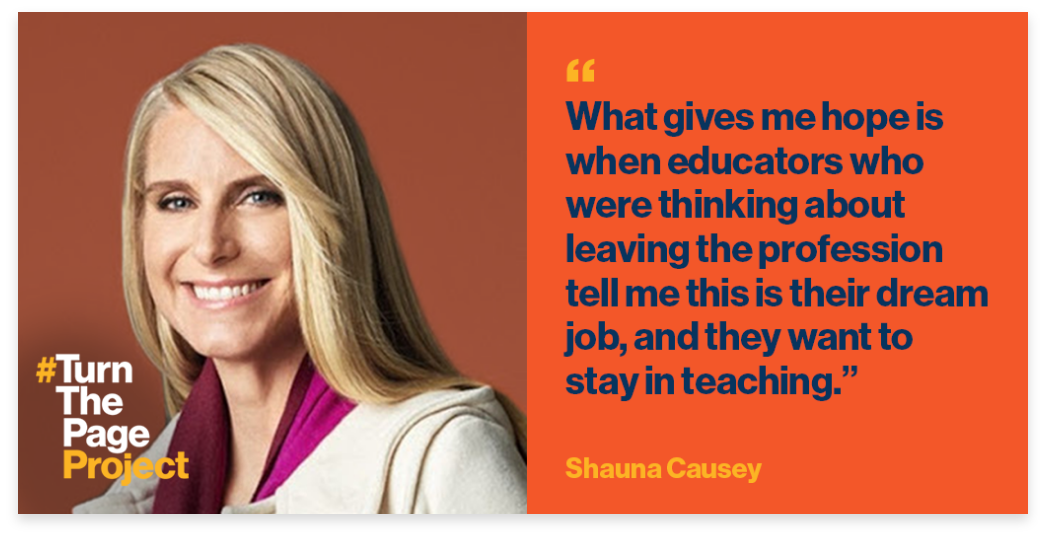
SHARE SHAUNA’S STORY!
The great thing about our programs is that we’re in neighborhoods, so businesses and nonprofits are approaching us saying, “Now that our workforce is working from home, can we work with you to provide early childhood education in neighborhoods?” With this model, teachers can actually make a wage where they can see themselves staying in the industry. The only reasons they think about leaving are because they can’t live in the neighborhoods they want to live in, and they can’t support themselves on this salary.
This whole model has ripple effects across our neighborhoods in supporting children and families, and creating a great neighborhood hub. What gives me hope is when I meet with educators who were thinking about leaving the profession, and they tell me this is their dream job and they want to stay in teaching. They want to teach kids, and they want to help their own neighborhood. Every time I hear that, I get teary-eyed.
